![General Lloyd J. Austin III at his confirmation hearing. [Source: euractiv.com]](https://covertactionmagazine.com/wp-content/uploads/2021/04/general-lloyd-j-austin-iii-at-his-confirmation-he.jpeg)
[This article was originally published in April, 2021 at which time Raytheon had obtained $2.36 billion in Pentagon contracts since Austin’s appointment. Since that time, CAM has kept tabs on Raytheon’s contracts and the article has been updated.—Editors]
The Pentagon has awarded the defense giant Raytheon Technologies, the second largest weapons-maker in the world, over $30 billion in government contracts since Secretary of Defense Lloyd Austin III’s confirmation on January 22nd, 2021.
Austin was on Raytheon’s board of directors prior to his confirmation.

Austin at the time had made a commitment to resign from Raytheon’s board and recuse himself from all matters concerning Raytheon for four years and agreed to divest from his financial holdings in the company, amounting to between $500,000 and $1.7 million in stock.
These initiatives, however, have not prevented Austin from using his position to bolster Raytheon’s fortunes. Nor those of other defense contractors on whose board he has sat such as Booz Allen Hamilton, the world’s “most profitable spy organization,” according to Bloomberg News, and Pine Island Capital, a private equity firm that invests in military industry.[1]
At Austin’s nomination hearing, Senator Elizabeth Warren (D-MA) questioned him about his ties to Raytheon—whose headquarters are based in Warren’s home district (Waltham, Massachusetts).
A year earlier, Warren had proposed legal changes to strengthen ethics at the Defense Department by blocking the revolving door between the Pentagon and giant defense contractors like Raytheon, including by prohibiting big defense contractors from hiring former Pentagon officials for four years after they leave government.

Warren paradoxically voted to confirm Austin’s appointment as Defense Secretary—even though he embodies the danger of the revolving door.
Mark Pocan (D-WI), who with Barbara Lee wrote a letter in November 2020 to President-elect Joe Biden requesting that he nominate a Secretary of Defense with no previous ties to weapons manufacturers, stated that “American national security should not be defined by the bottom lines of Boeing, General Dynamics and Raytheon.”

With men like Austin at the helm, however, it is very clearly being defined in this way.
Raytheon
Reporting revenues of more than $67 billion in 2022, up from $64 billion in 2021 and $56 billion in 2020, Raytheon began its corporate life in 1922 as the American Appliance Company. It developed refrigerators and radio parts and made advances in vacuum tube technology and related electronics.
The company was drawn into military contracting during World War II when it manufactured magnetron tubes for use in radar systems.

One of Raytheon’s founders, Vannevar Bush, became president of the Massachusetts Institute of Technology (MIT) and chairman of the U.S. Office of Scientific Research and Development (OSRD) during World War II, which initiated the Manhattan Project that led to the development of the atomic bomb.

Today, Raytheon is best known as the maker of Patriot and Tomahawk missiles.
It has also been a pioneer in the development of surface-to-air and air-to-air missiles and precision weapons—including guided missiles and laser-guided bombs—and manufactures air-launched nuclear missiles that are part of the U.S. nuclear triad.

Raytheon’s profits have increased considerably as a result of the Ukraine War: it manufactures Stinger and Javelin missiles, “the world’s premier shoulder-fired anti-armor system” that have been sold to Ukraine along with the Patriot Defense system.

Raytheon CEO Greg Hayes said the Ukraine War had boosted demand for Raytheon products as governments raise defense budgets. “We remain in lockstep with the U.S. government to ensure we can continue to support our allies,” Hayes told analysts on the company’s earnings call.

Back in 2003, Raytheon put out a press release bragging that half of all air-to-ground precision guided missiles (PGMs) used by coalition forces in Operation Iraqi Freedom were made by Raytheon.
Raytheon was also the first major defense contractor to sell weapons to Saudi Arabia, selling the kingdom over 1,000 cluster bombs designed to maximize civilian casualties between 1970 and 1995. The company hired members of the Saudi Royal Family as consultants, and opened a branch in Riyadh in 2017.


After the Yemen war began in 2015, Raytheon, according to an analysis by The New York Times, booked more than $3 billion in new bomb sales to the Saudis, causing its stock prices to increase from about $108 to more than $180 per share.

In 2019, Raytheon sold an estimated $8 billion in weapons to Saudi Arabia and the United Arab Emirates, which are centrally involved in the war in Yemen.

After an October 2016 Saudi airstrike on a funeral home in Sana’a that killed 140 people and wounded 500 more, human rights workers discovered a bomb shard bearing the identification number of Raytheon.[2]

It was one of at least 12 attacks on civilians that human rights groups tied to Raytheon’s ordnance during the first two years of the war.
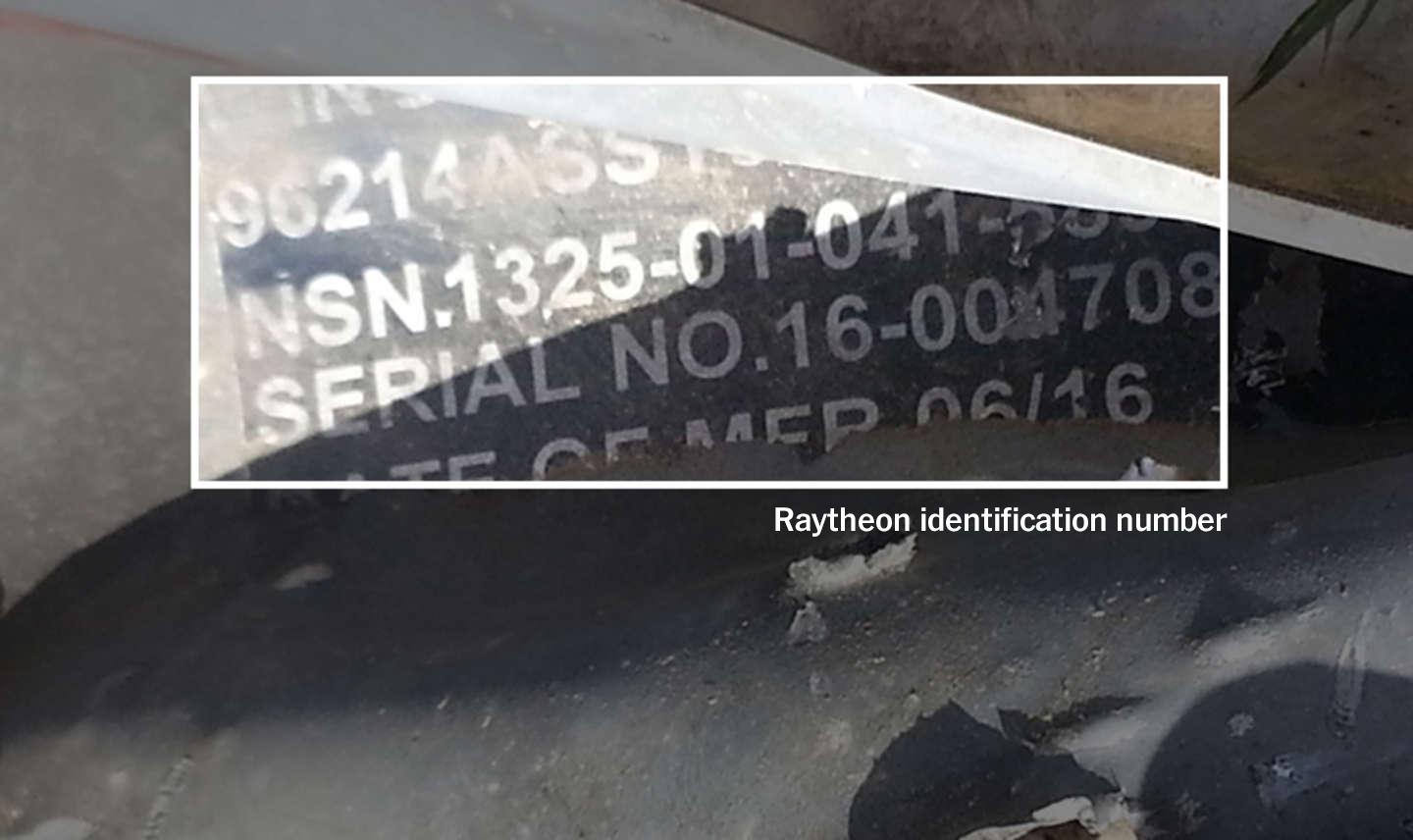
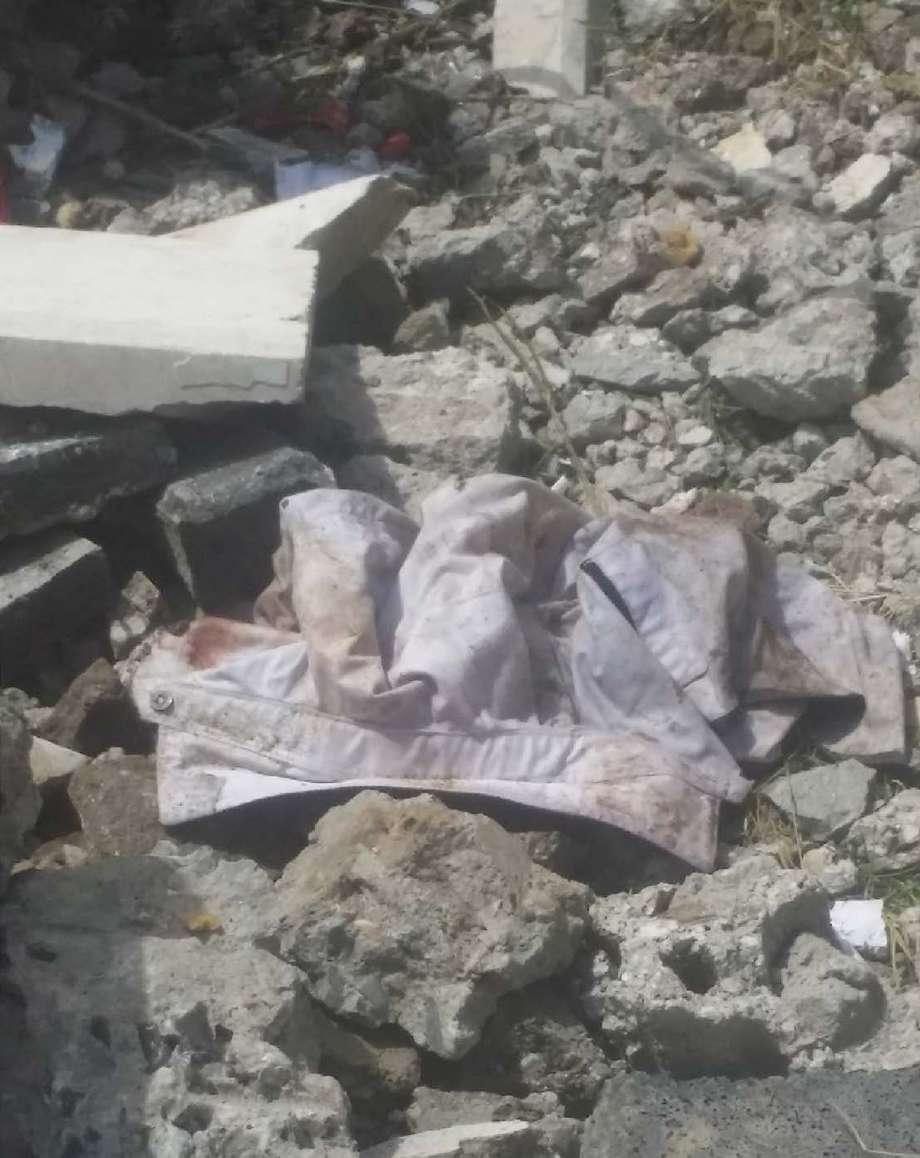
In order to secure the lucrative Saudi deals, Raytheon took advantage of federal loopholes by sending former State Department officials to lobby their former colleagues, and later benefitted by having their former top lobbyist, Mark Esper, appointed as Defense Secretary in June 2019 in a precursor to General Austin’s hiring.

Phyllis Bennis of the Institute for Policy Studies, a left-wing think-tank, told The Intercept that since “Raytheon manufactures the bomb components that are used in Yemen, [General Austin] bears a direct responsibility [for war crimes and civilian deaths]. He was making money as a board member of this company that is directly responsible for the death and destruction there.”
William Hartung, the director of the arms and security project for the Center for International Policy, said that “picking Austin was tantamount to making the position of Secretary of Defense the Secretary of Defense contractors.”
Profiting Off of Death
Fitting with Hartung’s assessment, Raytheon has benefitted from multi-million-dollar government contracts on a near-daily basis since Austin has taken charge at the Pentagon.
On February 1st, 2021, the company secured a whopping $290,704,534 government contract to produce equipment for depot maintenance facilities and services in support of the F-35 Lightning II, which military analyst Pierre Sprey characterized as “overweight and dangerous.”

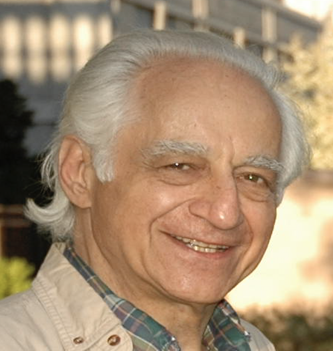
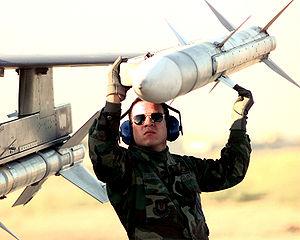
On March 26th, 2021, Raytheon received another huge contract valued at $518,443,821 to produce advanced medium range air-to-air missiles (AMRAAM), which have been credited with air-to-air kills in conflicts over Iraq, Bosnia, Kashmir and Syria and are being supplied now to Ukraine.
Raytheon has also been awarded massive contracts for the Javelin anti-tank missile; the missile that allegedly “keeps Putin up at night;” and a $32,853,210 contract for autonomous swarm strike loitering munitions, or “suicide drones,” which can be launched from unmanned surface and underwater vessels.
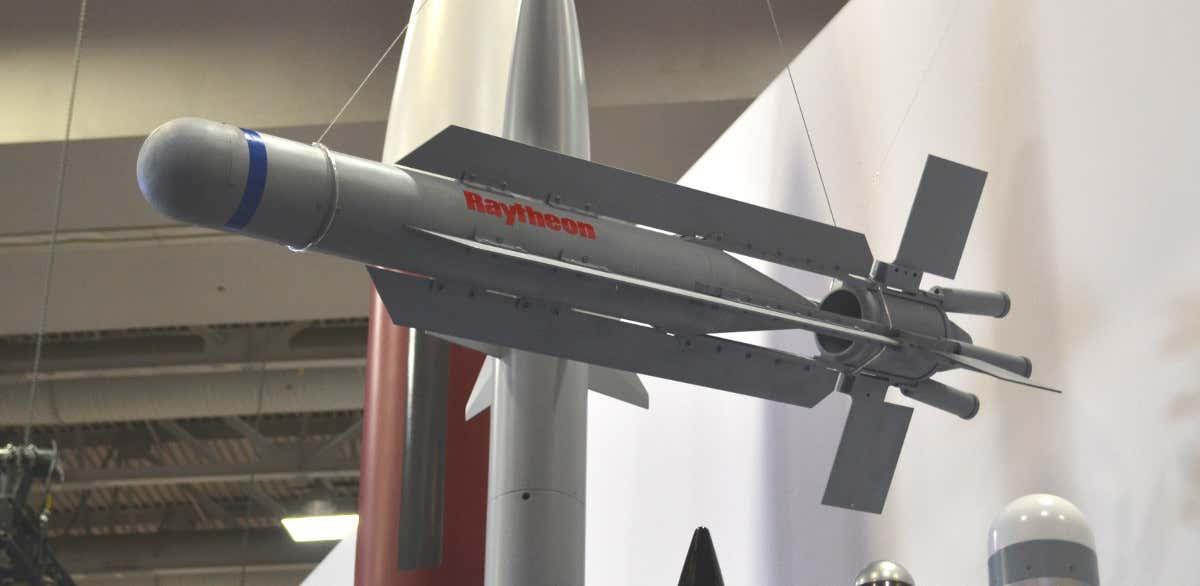
On November 30, 2022, Raytheon’s Tewksbury Massachusetts branch was awarded a $1 billion contract for procurement of surface-to-air missile systems, associated equipment, services and spares in “support of the efforts in Ukraine.”

The very same day, Raytheon’s McKinney Texas branch was awarded a $9 million contract for upgrading helicopter night vision systems; in mid February 2023, the McKinney branch got a $77 million contract for radar system upgrades for the U.S. Navy P-8A Poseidon aircraft.

In response to this kind of profiteering, activists with the group Resist and Abolish the Military-Industrial Complex (RAM Inc.) occupied the roof of a Raytheon building in Cambridge, Massachusetts in March 2022 and draped banners over the railing which read: “End All Wars, End All Empires” and “Raytheon Profits From Death in Yemen, Palestine, and Ukraine.”

One activist said in a statement: “With every war and every conflict, Raytheon’s profits multiply as bombs fall on schools, wedding tents, hospitals, homes, and communities. Living, breathing, human beings are being killed. Lives are being destroyed, all for profit.”
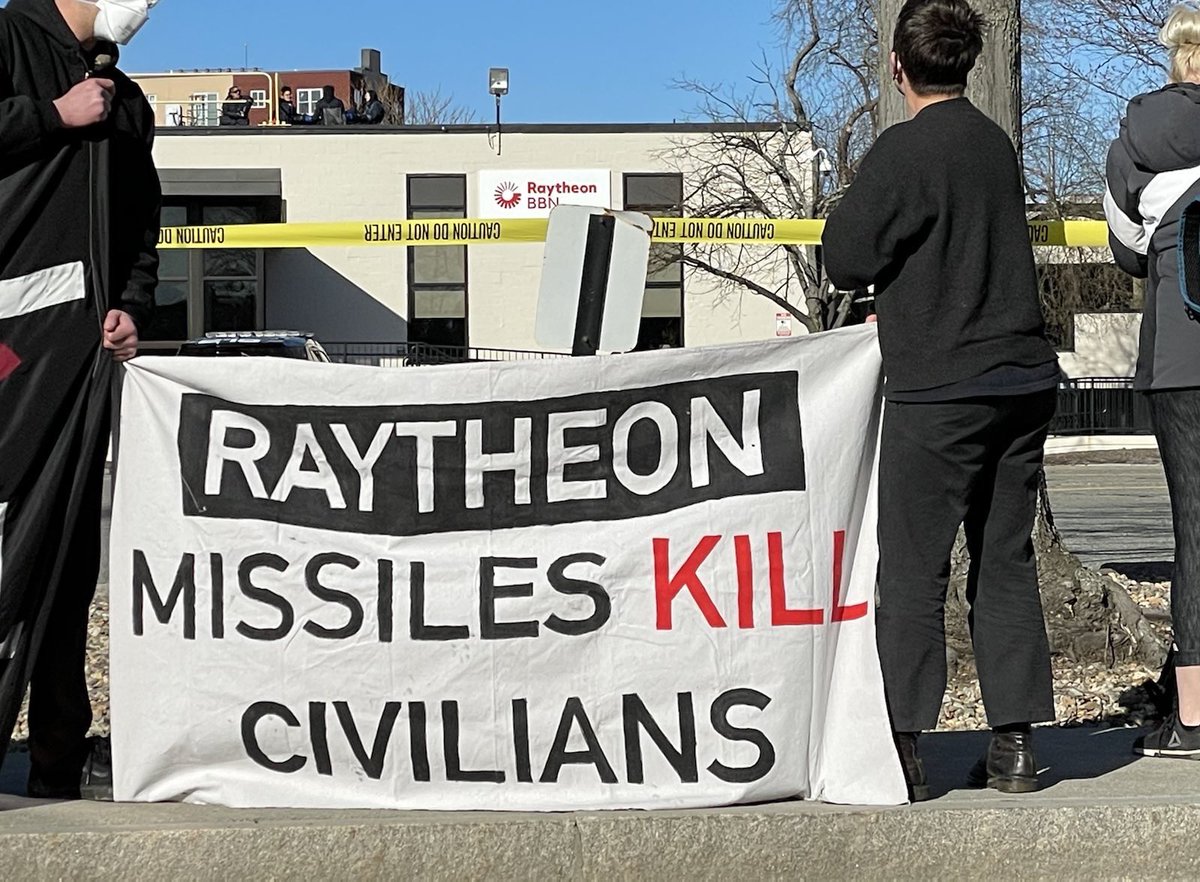
Promoting More War
Though Austin claims to have recused himself from decisions involving Raytheon, the Pentagon under his direction is very clearly providing his old company with huge contracts on a daily basis that is bolstering its profits and stock price.
Austin furthermore has used his new bully pulpit to advocate for yet greater levels of military spending—to the benefit of Raytheon.
On February 25th, 2021, for example, on a visit to the U.S.S. Nimitz, Austin emphasized the need for U.S. warships throughout the globe to deter security threats—from China to Iran. A week later on a tour of Southeast Asia with Secretary of State Antony Blinken, Austin warned about China again and the North Korean nuclear threat and pledged that the U.S. would maintain a robust military presence in the Indo-Pacific.
He further cautioned North Korea that the United States, following military exercises with South Korea, was “ready to fight tonight.”
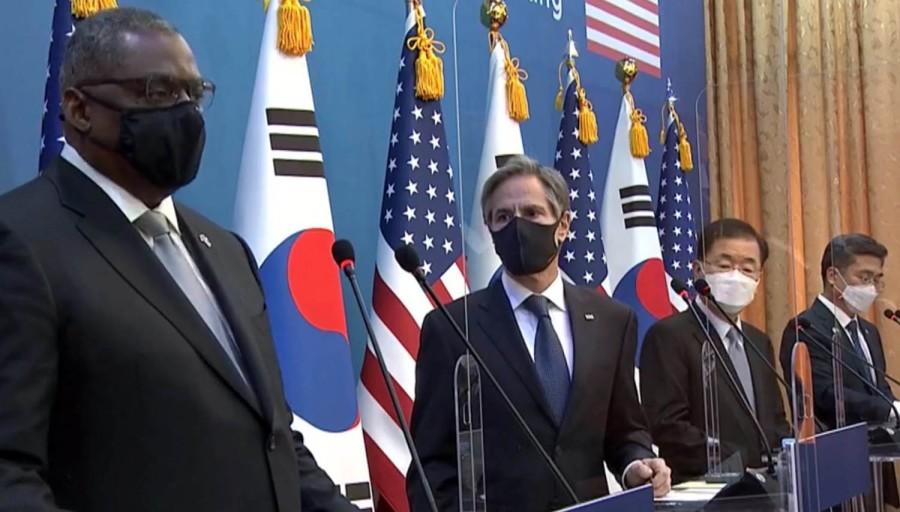
In a recent CNN interview, Austin touted U.S. military aid to Ukraine for “changing the dynamics on the battlefield” in the war against Russia, saying that it would in the future allow Kyiv’s forces to “breach Russian defenses.”
“We’re training and equipping several brigades of mechanized infantry — that’s a pretty substantial capability,” Austin said. “In addition to that, additional artillery, and so they’ll have the ability to breach Russian defenses and maneuver, and I think that will create a different dynamic.”
Previously, Austin took to Twitter to reaffirm the U.S.’s “unwavering support for Ukraine’s sovereignty, territorial integrity, and Euro-Atlantic aspirations.” The latter implied the joining of the European Union (EU) and North Atlantic Treaty Organization (NATO), which would portend the outbreak of World War III.
In April of last year, Austin announced that the United States would increase its military presence in Germany by about 500 personnel and was scuttling plans introduced by President Donald Trump for a large troop reduction in Europe.
Austin around the same time in Tel Aviv affirmed the U.S. “ironclad commitment” to Israel, which receives a record $3.8 billion in U.S. military aid each year, and on a visit to Afghanistan stated that the Biden administration wanted to see a “responsible end” to the Afghan war, but that the “level of violence must decrease” for “fruitful diplomacy” to have a chance.

These comments and many others were music to the ears of Raytheon, which gave $506,424 in donations to Biden’s presidential campaign.
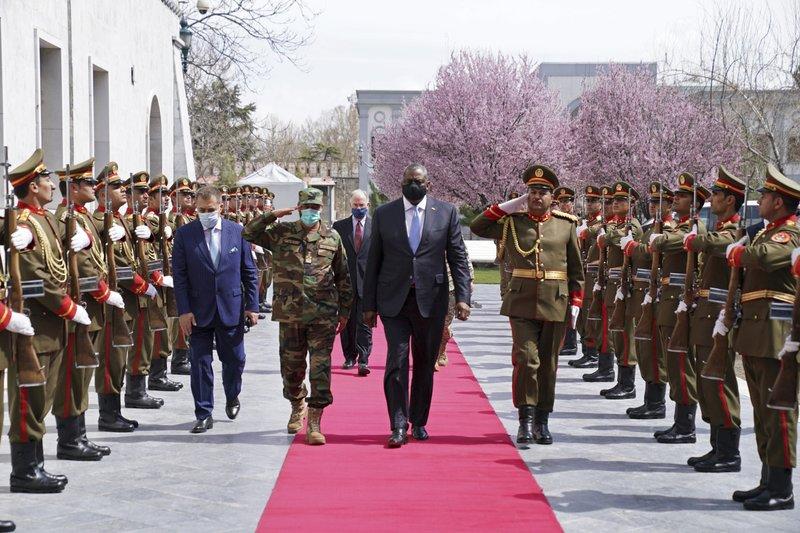
A Soldier’s Soldier
Besides his connection to Raytheon, Austin’s appointment as Pentagon chief was controversial because he had not been retired from the military for the requisite seven years and required a legal waiver.
Traditionally, the role of Defense Secretary is supposed to be a civilian position, ensuring the U.S.’s military apparatus is led not by a warfighter, but a policymaker. That requirement is laid out in the National Security Act of 1947 that established the Defense Department.
Heralded as a “soldier’s soldier” who would endure hardships with his troops, the 6’4” tall Austin graduated from West Point in 1975, and led infantry troops in the capture of Baghdad during the 2003 Operation Iraqi Freedom.
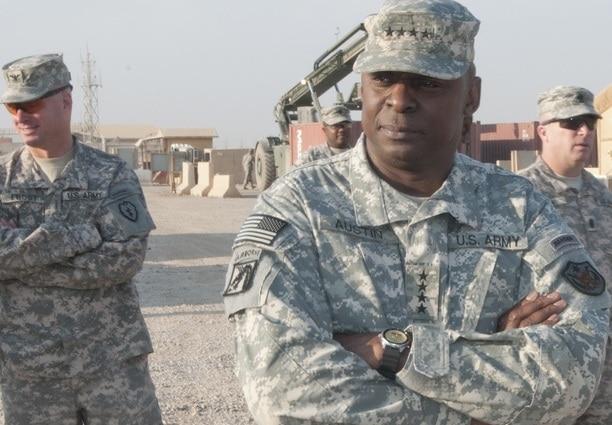
After a stint commanding the 10th Mountain Division in Afghanistan, Austin was appointed as chief of staff of the U.S. Central Command at McDill Air Force Base in Tampa, Florida, a high-tech command post where military officers could watch live imagery on plasma screens and order air-strikes through the Pentagon’s secure internet server.
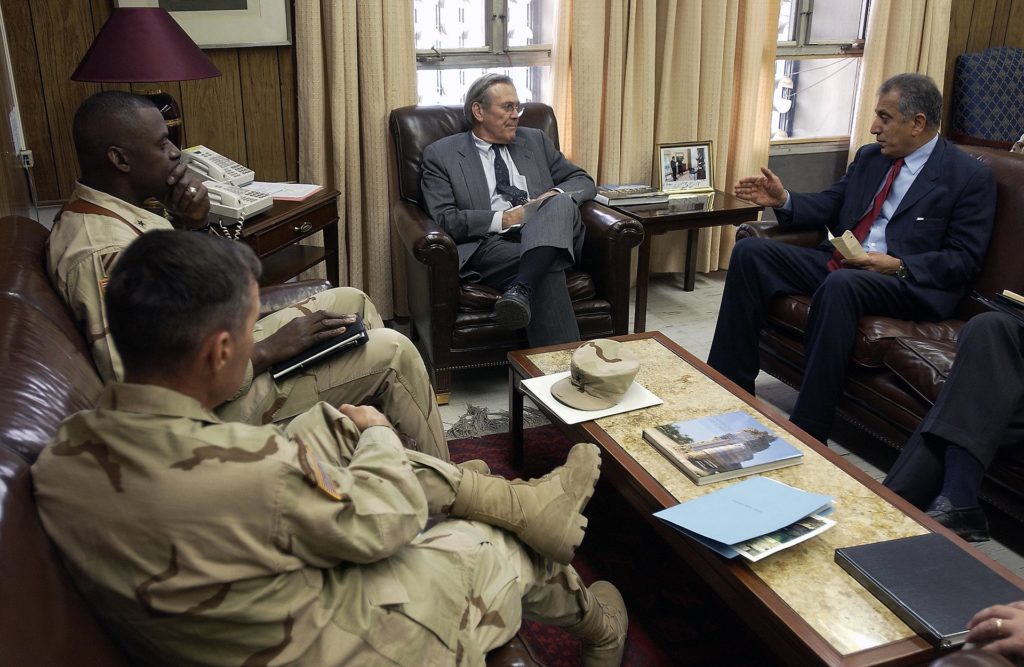
Groomed for high military command by Admiral Mike Mullen, Chairman of the Joint Chiefs of Staff from 2007 to 2011, Austin was appointed as Commanding General of U.S. forces in Iraq in 2010, and Commander of the U.S. Central Command (CENTCOM), which is responsible for all military operations in the Middle East, by President Obama in 2013.

In this latter capacity, Austin drafted a war plan—approved by Obama—that allowed the U.S. military for the first time to directly provide ammunition and weapons to Syrian opposition forces, who included Islamic jihadists.
President Obama also endorsed General Austin’s idea to increase the air campaign on Islamic State of Iraq and the Levant (ISIS) from Incirlik Air Base in Turkey.
The result was an increase in civilian deaths. Journalists Anand Gopal and Azmat Khat determined that one in five of the 27,500 coalition air strikes in the 2nd Iraq War resulted in at least one civilian death, more than 31 times the number that was publicly acknowledged.

Just this week, before the 20th anniversary of the U.S. invasion of Iraq, Austin made a surprise visit to Iraq, where he assured Prime Minister Mohammed Shia al-Sudani that the U.S. would sustain its 2,500 occupying troops and continue to advise and train the Iraqi Armed Forces fighting against ISIS.

Austin’s personal history and connection to the military and Raytheon mark him as a fitting Pentagon chief in an era of destructive militarism and creeping fascism in the U.S.

When civilians no longer control the key institutions of government and war industries ensure the perpetuation of endless wars from which they make obscene profits, the political system can no longer be defined as a democracy.
* The author thanks Puneet Kaur for her research assistance on this article.

-
Secretary of State Antony Blinken was a partner at Pine Island Capital. ↑
-
“People were on fire, and some people were burned alive,” one survivor, 42-year-old Hassan Jubran, told human rights workers. “There were also many children,” he said. “There were three children whose bodies were completely torn apart and strewn all over the place.” ↑
CovertAction Magazine is made possible by subscriptions, orders and donations from readers like you.
Blow the Whistle on U.S. Imperialism
Click the whistle and donate
When you donate to CovertAction Magazine, you are supporting investigative journalism. Your contributions go directly to supporting the development, production, editing, and dissemination of the Magazine.
CovertAction Magazine does not receive corporate or government sponsorship. Yet, we hold a steadfast commitment to providing compensation for writers, editorial and technical support. Your support helps facilitate this compensation as well as increase the caliber of this work.
Please make a donation by clicking on the donate logo above and enter the amount and your credit or debit card information.
CovertAction Institute, Inc. (CAI) is a 501(c)(3) non-profit organization and your gift is tax-deductible for federal income purposes. CAI’s tax-exempt ID number is 87-2461683.
We sincerely thank you for your support.
Disclaimer: The contents of this article are the sole responsibility of the author(s). CovertAction Institute, Inc. (CAI), including its Board of Directors (BD), Editorial Board (EB), Advisory Board (AB), staff, volunteers and its projects (including CovertAction Magazine) are not responsible for any inaccurate or incorrect statement in this article. This article also does not necessarily represent the views the BD, the EB, the AB, staff, volunteers, or any members of its projects.
Differing viewpoints: CAM publishes articles with differing viewpoints in an effort to nurture vibrant debate and thoughtful critical analysis. Feel free to comment on the articles in the comment section and/or send your letters to the Editors, which we will publish in the Letters column.
Copyrighted Material: This web site may contain copyrighted material the use of which has not always been specifically authorized by the copyright owner. As a not-for-profit charitable organization incorporated in the State of New York, we are making such material available in an effort to advance the understanding of humanity’s problems and hopefully to help find solutions for those problems. We believe this constitutes a ‘fair use’ of any such copyrighted material as provided for in section 107 of the US Copyright Law. You can read more about ‘fair use’ and US Copyright Law at the Legal Information Institute of Cornell Law School.
Republishing: CovertAction Magazine (CAM) grants permission to cross-post CAM articles on not-for-profit community internet sites as long as the source is acknowledged together with a hyperlink to the original CovertAction Magazine article. Also, kindly let us know at info@CovertActionMagazine.com. For publication of CAM articles in print or other forms including commercial internet sites, contact: info@CovertActionMagazine.com.
By using this site, you agree to these terms above.
About the Author

Jeremy Kuzmarov holds a Ph.D. in American history from Brandeis University and has taught at numerous colleges across the United States. He is regularly sought out as an expert on U.S. history and politics for radio and TV programs and co-hosts a radio show on New York Public Radio and on Progressive Radio News Network called “Uncontrolled Opposition.”
He is Managing Editor of CovertAction Magazine and is the author of six books on U.S. foreign policy, including Obama’s Unending Wars (Clarity Press, 2019), The Russians Are Coming, Again, with John Marciano (Monthly Review Press, 2018), Warmonger. How Clinton’s Malign Foreign Policy Launched the U.S. Trajectory From Bush II to Biden (Clarity Press, 2023); and with Dan Kovalik, Syria: Anatomy of Regime Change (Baraka Books, 2025).
Besides these books, Kuzmarov has published hundreds of articles and contributed to numerous edited volumes, including one in the prestigious Oxford History of Counterinsurgency .
He can be reached at jkuzmarov2@gmail.com and found on substack here.











Here is a copy of the memorandum Lloyd Austin signed to make sure that he does not involve himself in any ,matters relating to Raytheon.
FOR FOUR YEARS FROM MY APPOINTMENT DATE
Raytheon
If any screener determines that during the applicable time period that this organization is or represents a party to the matter, or that the matter may otherwise directly and predictably affect the financial interests of this organization, he or she will refer the matter, without my knowledge or involvement, to the Deputy Secretary of Defense or other appropriate senior Defense official for action or assignment. To ensure that I do not inadvertently participate in matters from which I should be recused, I am hereby directing each of my screeners to seek assistance from SOCO if he or she is uncertain whether I may participate in a matter. The Chief of Staff will ensure that all members of my immediate office staff, to include the Executive Secretary, Military Assistants, and other designated Administrative Assistants receive a copy of this document as part of their on boarding process. In consultation with SOCO, I will revise and update this memorandum if warranted by changed circumstances, including changes in my financial interests, my personal or business relationships, or the nature of my official duties. SOCO may issue additional guidance on standards and procedures to personnel implementing this screening arrangement.
cc: Deputy Secretary of Defense Chief of Staff, Secretary of Defense Chief of Staff, Deputy Secretary of Defense Executive Secretary Immediate Office Staff (Secretary and Deputy Secretary of Defense) DoD Standards of Conduct Office
Before Lloyd Austin became Secretary of Defense, he sold all his shares in Raytheon and also signed a document promising that he would recuse himself from all decisions relating to Raytheon for a period of four years. Is it possible another individual or other individuals were responsible for awarding all these contracts to Raytheon?
Amerika has the best govt. that money can buy and has nothing to do with helping us on Main Street.
julianmacfarlane March 12, 2023 At 5:51 am
Nailed it. Amerika makes weapons for profit and Russia makes to protect their citizens and military members
This is why the US could never win a war against Russia or China. The fascination of the Pentagon with wargmes and complex systems is that of a teenage video game addict. War is not war for the US because it has never experienced an existential war, when its survival was at stake as China and Russia have. For the US, war is just a game. But you need a really expensive gaming computer.. The Military differ from teenages insofar as success at playing the game leads to good jobs in s0-called “defense” companies. The idea is to sell ever more complex, ever more impractical, ever more expensive systems, like the F35 — already obsolete for the wars of the future, or the NGAD, 2.5 times as expensive as the F35. Or super-carriers, which perform the same function as battleships in WWII — expensive targets. As you can read here:
https://julianmacfarlane.substack.com/p/us-cannot-win-a-war-with-china-or #newsforensics #julianmacfarlane #ukraine #smo